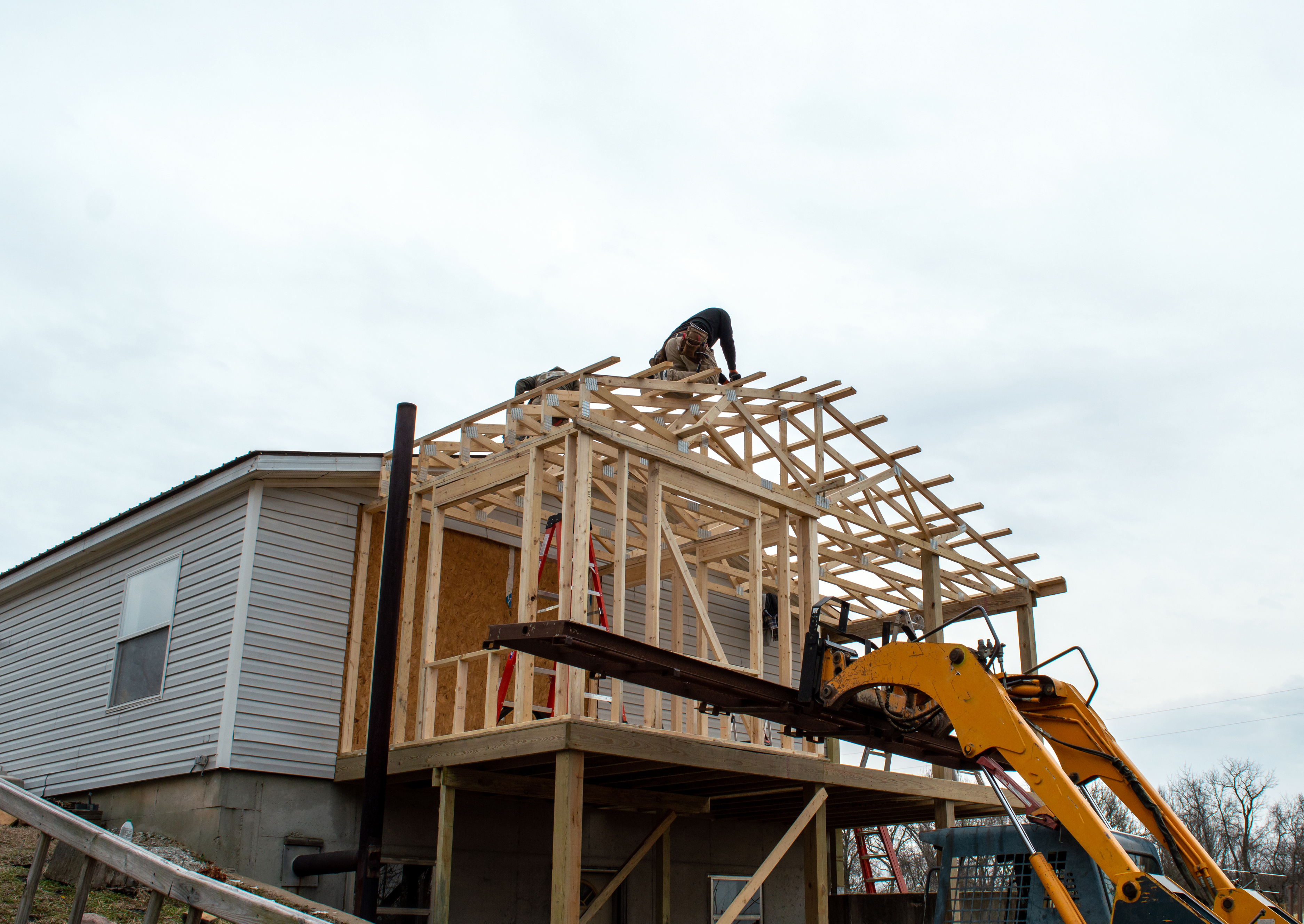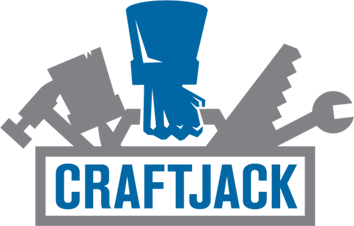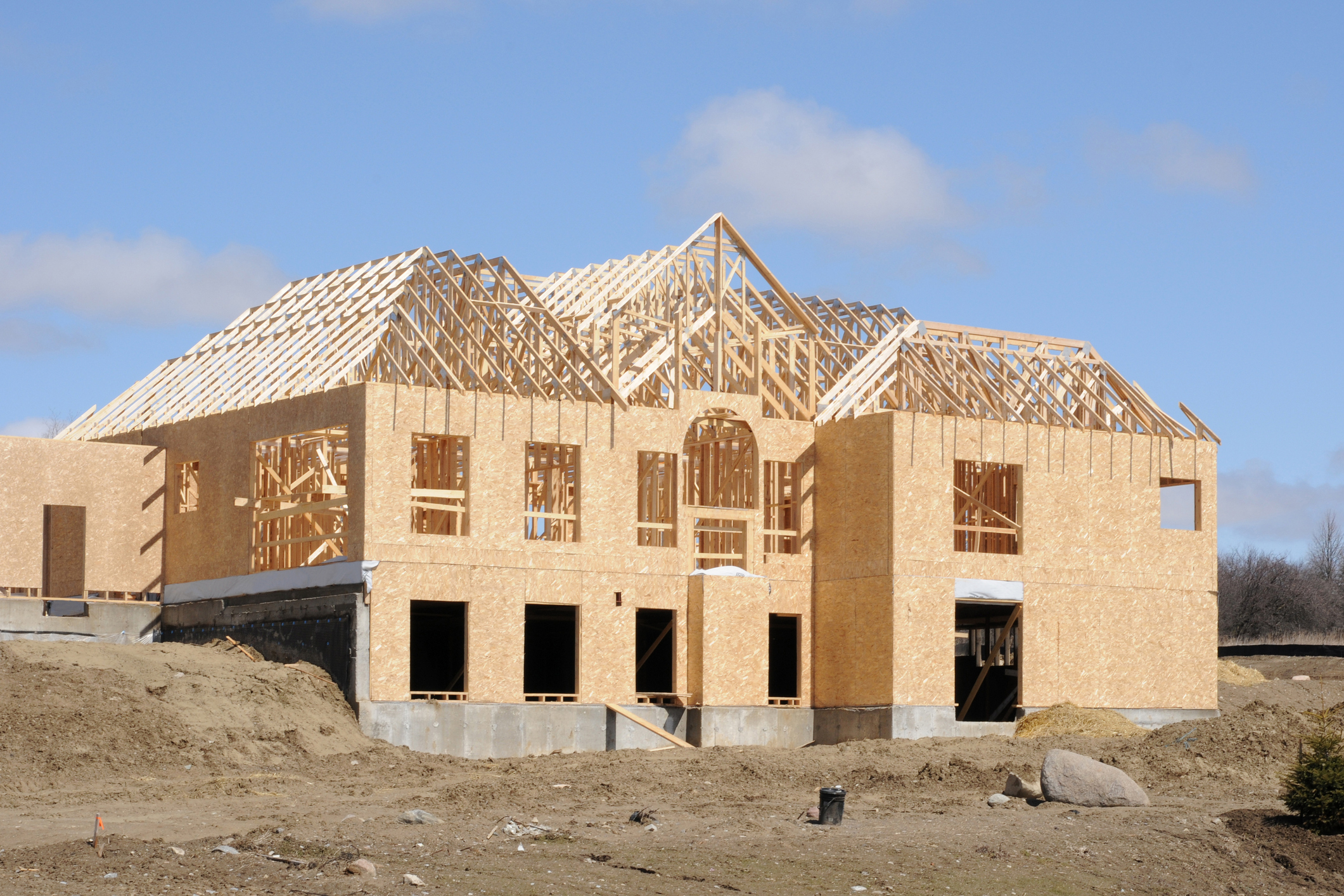What Are Soft Costs in Construction? | CraftJack
Understanding soft costs in construction can help you create accurate budgets and set profitable prices. Learn more and grow your leads with CraftJack.

Soft costs in construction are costs indirectly related to construction projects. These expenses don't typically arise from the physical structure being built or the construction process. Thus, soft costs are often easy to overlook or underestimate. Soft costs usually take up about 30% of total expenses, but they play a major role in the management and outcome of the overall project.
Soft costs can be challenging to account for or forecast in their entirety. Financial factors related to the intangible elements in construction projects often get left out of the overall expense equation. Nevertheless, they influence critical decisions driving the hard costs throughout the entire project life cycle and beyond.
The advantage of knowing soft costs reaches beyond monetary results. It helps contractors determine the financial viability of a project and set appropriate pricing. Understanding soft costs helps construction professionals ensure they're managing the project effectively and complying with pertinent tax and legal requirements.
The soft costs that contractors face will differ with the type and scope of each project. For instance, a small home renovation won't likely require surveying, marketing, security, or office space rentals.
In some situations, a soft cost to the general contractor may be a hard cost for the owner, who gets invoiced. In turn, a soft cost for a subcontractor could be a hard cost for a general contractor.
Grow your construction business by signing up for CraftJack's qualified leads.
Common Soft Cost Categories
Planning & Design
Planning and design help define the project’s vision and prepare for the building process. Expenses involve feasibility studies such as traffic research, architectural design fees, master planning, and related costs. These costs also cover environmental surveys, blueprint development, civil engineering, landscape design, and decorators.
Engineering
A structural engineer might be needed to verify the project will be aligned with the architectural blueprint and according to safety standards.
Administration
Administrative factors aren't directly related to building a project, but they're integral to the ongoing organization of a construction project. They also help ensure compliance with local, state, and federal guidelines and regulations. Administrative costs in construction may include business software, office equipment, and office staff compensation.
Taxes
Every region has different tax codes, and the extent of taxation varies by location and project. State and local agencies may assess taxes on construction projects. If the taxes are based on labor rates and materials, the project cost can increase substantially.
Inspections
Contractors must pay inspection fees to the local government for permission to start the project. Costs can pertain to permitting applications, filing costs, and occupancy permits.
Real Estate
Real estate costs have to do with land purchase, leasing, or rental. They also include land appraisal, assessments, environmental remediation, and improvements. Additionally, contractors need to consider costs for research, plat surveys, road extensions, and transaction costs pertaining to easements and rights of way.
Permits
Contractors will need to pay for inspections, housing or occupancy permits, and zoning applications. New construction, remodels, and renovations may call for construction permits and plan reviews by local authorities.
Financing
Most financial transactions in business come with fees. These include bank transaction fees, interest on loans, accounting software and data entry, broker fees, and any additional related financial transactions. Contractors also need to pay for professional liability insurance and other required insurance, performance bond fees, and permanent commitment fees.
Technologies
Technologies are often seen as hard costs, but costs related to the adoption of the technologies count as soft costs. For example, management costs pertaining to installation can affect the cost of the technology itself.
Insurance
Insurance costs can include all insurance required to protect the contractors and workers for the duration of the project. Insurance also offers protection for property and people long after the construction phase ends.
General liability insurance, property insurance, workers' compensation, and builder’s risk coverage are some of these expenses. Contractors may also need to consider the costs of commercial auto, performance bonds, payment bonds, and bid bonds in their budgets.
Project Management
Project management fees include salaries for the personnel needed to work with construction-related documentation, runners, and temporary staffing. For example, expenses for a project manager or an independent owner representative are soft costs. A general contractor’s project management services may be considered soft costs or hard costs.
Safety & Security
Safety consultants and the measures they recommend may cost significantly up front, but they can help prevent larger costs and injuries related to the project. Temporary security staffing may be needed to help protect this investment.
Marketing
Marketing fees can entail sales and leasing activities, including website creation and maintenance, social media management, on-site signage, and open houses. Flyers, banners, and other types of advertising fit here as well. Further, expenses related to recruiting tenants or employees are soft costs.
Construction Equipment, Tools, & Rentals
Some construction costs unrelated to the final project may include office space and equipment. For instance, a project may need mobile office trailers, cell phones, radio communication systems, and Conex boxes for storage. Staging area equipment may include forklifts, cranes, man lifts, or scissor lifts.
Post-Construction
Construction projects incur further expenses with moving in, building maintenance and repairs, health and safety checks, lease oversight, and tenant changes. Some companies choose to project these soft costs over time to estimate their return on investment.

Soft Costs vs. Hard Costs in Construction
Construction costs can be divided into soft costs and hard costs. Soft costs typically make up 30% of the total construction cost, while hard costs constitute the remaining 70% to 80% of expenses. These costs are closely interrelated and should be calculated together to determine the whole cost accurately.
Hard costs, also called brick-and-mortar costs, include expenses directly related to the building, overhead, site work, and landscaping. These are tangible costs that usually occur just before or during construction. The following are some examples of hard costs.
Building Materials
Building materials are any components that become a physical part of the new structure. These include lumber, concrete, steel, roofing, siding, nails, turf, gravel, and plants.
Labor
Salaries and wages for the construction team and contractors are hard costs. Professionals who contribute to building the physical structure include site excavation personnel, carpenters, plumbers, electricians, HVAC specialists, and landscapers.
Equipment
New equipment and maintenance for existing equipment are hard costs because they enable construction workers to complete a project. Standard expenses include heavy machine rentals, safety equipment, scaffolding, and the purchase of hand tools.
Fixtures & Finishing
Permanent components of a building’s design that contribute to function and aesthetic quality are hard costs. Expenses can entail paint, flooring, appliances, pipes, cabinetry, and hardware.
Are Soft Costs Tax-Deductible?
Soft costs can lower your tax liability, which makes it advantageous to keep track of them. Independent contractors typically have no limit on what they can deduct as work-related expenses, provided these costs are an ordinary and necessary part of their work.
Projecting soft costs in advance and organizing them as they occur can help you earn all the deductions you’d be entitled to. A tax or financial adviser can help you understand what types of expenses to include in a particular category.
Capitalizing Costs
The IRS doesn't allow you to deduct certain expenses in the year you paid or incurred the cost, if at all. Further, you must capitalize some soft costs, such as franchise rights or patents, instead of deducting them. It’s essential to separate usual business costs from capital and personal expenses.
You must also capitalize the costs of improvement to a business asset if the modifications restore or enhance the property or modify it to a different use.
Internal Revenue Service Publication 535 lists the general guidelines for deducting expenses such as soft costs, including:
- Mileage
- Vehicle expenses
- Subcontractor compensation
- Marketing
Common Mistakes with Soft Costs in Construction
Cost underestimations are one of the main factors behind disputes and failures in construction projects. Cost and schedule oversights may cause inconvenient or crippling delays and cost overruns that erode profits.
Contractors often make these kinds of estimating errors:
- Incorrect assumptions: Items may have been assumed to be covered under a contractor or subcontractor’s bid but are not.
- Inadequate allowances: A material allowance estimate from a contractor or subcontractor is too low.
- Price fluctuations: Labor or material costs can change between the estimate and the project.
- New materials or building techniques: Using new materials or construction methods may take more time or money than planned.
Errors of omission can be quite costly as well. Contractors often forget to factor in permits, inspection fees, consulting fees, and taxes early in the development phase. They may also overlook site prep costs such as temporary power sources and waste receptacles.
Additional costs stemming from land for temporary staging off-site can surprise construction professionals as well. Further, many contractors underestimate or fail to anticipate future needs for maintenance, repairs, and replacements in a construction project.
How to Manage Soft Costs
Managing soft costs is vital to reducing unnecessary expenses. It’s important to devise a comprehensive checklist and avoid making assumptions. These are some factors that affect the management of soft costs:
- Clear plans and specifications: Fuzzy plans, specs, and work descriptions can result when people don’t take the time to write or draw out every detail. This may lead to expensive disagreements, design errors, change orders, and extra work.
- Thorough investigation: Checking for wood decay, water issues, or insect damage can help deter surprising problems during and after the project.
- Clear communication: Make sure each contractor and subcontractor spells out exactly what they're providing in their agreement with you. If it’s not in writing, it probably isn't included.
- Reasonable allowances: Ask how the contractor or subcontractor charges for allowances. Begin your project with what's reasonable for the quality level you want.
- Hidden conditions: If your contractor’s bid has a Concealed Conditions clause, the owner will pay for the costs of hidden issues. Otherwise, it may take negotiation or even litigation to determine who pays.
- Contingency plans: Contingency plans can help you prepare for unexpected issues, such as safety or health hazards, labor issues, or major project changes.
- Budgeting software: Construction budgeting software can help you plan for soft costs you may not have considered and keep the budget on track.
- Separate business account: Combining personal and business transactions can create financial chaos, especially when it comes to tax preparation. Managing your accounts separately can provide a clearer picture of soft and hard costs to expect in current and future projects.
Know Your Soft Construction Costs
Soft costs in construction aren't always obvious, so they can easily slip out of consideration. They can arise at any stage of the project, from concept to post-construction. Knowing what they are lets you be prepared to handle them as you grow your business with leads from CraftJack.



